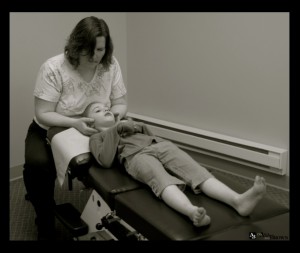There are many things that influence our well-being, but family culture is one of the most important factors determining mental and emotional health. The protective factor of having close family nearby to help you, to give advice, to guide or even to set you right, can be like an oak tree: solid, comforting and shady with deep roots that help keep you anchored. Sometimes it can be grandma’s understanding nod or smile, a sibling’s moral support or a parent’s quiet presence that helps you stay psychologically hardy. Turning towards loving family can be a buffer when facing difficult life situations and sometimes an effective enough alternative to psychotropic medications. The latest research on addictions treatment also points to strong family support as an indicator for successful rehab therapy, over-riding the significance of chemical hooks. People who enjoy this extra cushioning stay resilient and don’t need counselling.
On the other hand, sometimes living close to family can be emotionally taxing as boundaries are crossed (or never even established), and autonomy and independence may be hard to uphold. Relationships can become rigid and dry; managing family interactions can be like scaling the thorny, hollow limbs of a cactus tree. The sting of a perfectionist parent’s demanding expectations or a narcissistic spouse can result in feelings of low self-worth, unmanageable stress, anxiety and depression. Childhood emotional neglect causes long-term feelings of emptiness, an inability to prioritize one’s own needs, and shallow relationships. Many of my counselling clients present with these symptoms, and more than half the time they have to deal with deeply rooted family issues. When family values are embedded in a client’s worldview, internal feelings of self-loathing, blame and shame add layers to the problem, while clients from an individualistic culture often find it easier to detach and move on when faced with family conflict.
Family can be a stabilizing or a destructive factor. When clients talk about their oak tree, I invite family members to the session and involve them in counselling strategies – this usually helps. And when the client’s problem is aggravated by a cactus, we look for alternative positive relationships and activities, with more emphasis on problem- solving and self-soothing skills. The course of therapy and treatment planning is determined by whether the family is protective like an oak tree or thorny like a cactus.
*The views expressed by our authors are personal opinions and do not necessarily reflect the views of the CCPA

